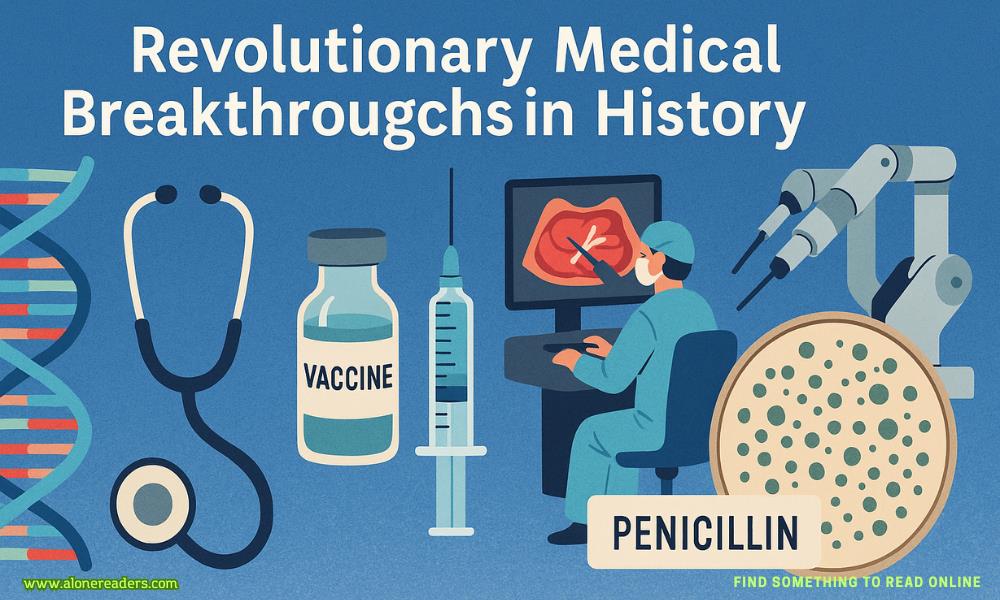Page 52 of Captiva Café
As she waded back to the beach, water streaming from her clothes, she felt the weight of being Merritt Ryan settling back onto her shoulders. But something had shifted, however slightly. The momentary freedom of being nothing more than a body in water, a consciousness suspended between sea and sky, had created a tiny space inside her—room to breathe, to consider that perhaps she wasn't the terrible daughter she believed herself to be.
She picked up her phone, glanced at the notification (just a weather alert), and wrapped herself in the light beach towel she'd brought. Seated on the sand, she hugged her knees to her chest and gazed out at the silver path the moon laid across the water.
Behind her, the lights of the Key Lime Garden Inn glowed warmly through the tropical foliage. Somewhere in there, Maggie Moretti was probably making her final rounds, checking doors and windows with the thorough care she applied toeverything at the inn. Merritt had noticed how the older woman watched her sometimes, with a gaze that seemed to see more than Merritt intended to reveal.
Perhaps that was why she kept her distance from the innkeeper, limiting their interactions to necessary conversations. Maggie looked at her with the eyes of a mother who had raised five children—eyes that might recognize the guilt and uncertainty Merritt carried like a second skin.
The Gulf waters had returned to their perfect stillness, the surface barely rippling in the gentle night breeze with small waves hitting the shore. Merritt's momentary communion with the deep had left no trace, the water closing over her absence as if she had never been there at all.
That was the strange comfort of the ocean, she reflected. It held you completely while asking nothing in return. And when you left, it simply continued being itself, neither missing your presence nor celebrating your departure.
"I need to learn from you," she whispered to the Gulf.
Standing, she shook the sand from her towel and began walking back toward the inn, her wet dress clinging to her legs, her hair dripping onto her shoulders. Tomorrow she would check her phone for messages from her mother's nurse and pretend she wasn't always, always waiting for bad news.
But tonight, for a few precious moments, she had been nothing more than a body suspended in water, a consciousness floating between worlds, free from the weight of being Merritt Ryan, the girl who ran away.
Walking through the garden pathway, Merritt wrapped the towel more tightly around her shoulders as the nightbreeze raised goosebumps on her skin. The silver moonlight illuminated her phone screen as she scrolled to her father's number.
Her thumb hovered over the call button for several heartbeats. It was late, past eleven—but her father rarely slept well these days. Insomnia had become his constant companion in the years of her mother's illness, his body seemingly unable to surrender to rest while his wife fought for each breath.
Before she could reconsider, Merritt pressed call.
The ring tone sounded unnaturally loud in the quiet night. One ring. Two. Three. Then the familiar click of connection.
"Merritt?" Her father's voice, rough with fatigue but instantly alert. No sleepy confusion, no irritation at the late hour. Just the careful neutrality he'd perfected through years of being the family's emotional anchor.
"How is she?" Merritt asked, skipping any greeting. Those three words contained all the questions she couldn't bring herself to articulate fully.
A pause. The sound of movement—her father likely shifting to sit on the edge of the bed or perhaps walking into the hallway to avoid disturbing her mother's sleep.
"It's not good, honey," he finally said, his voice gentle but unflinching. "It's spread. She's got maybe another month. Will you come home?"
The words landed like physical blows. Merritt's breath caught, and she pressed her free hand against her mouth as if to hold back the sound that threatened to escape. Despite all the years of preparation, despite the countless bad prognoses and temporary recoveries, despite knowing this moment would eventually come—she wasn't ready.
"Merritt? Are you there?" Her father's voice, tinged now with concern.
"Yes," she managed, the single syllable thick with unshed tears. "I'm here. I'll—" She swallowed hard. "I'll start driving north in a couple of days."
She could picture him nodding, the familiar lines around his eyes deepening. The steady, quiet man who had held their family together through the endless cycles of hope and despair that defined life with chronic illness.
"She'll be glad to see you," he said simply.
The tears came then, hot and unstoppable, streaming down Merritt's face as she stared out at the indifferent Gulf. "I'm so sorry, Dad," she whispered, the words inadequate for the enormity of what she was apologizing for—running away, leaving him to bear the burden alone, not being the daughter she should have been.
"There's nothing to be sorry about," he replied, his tone brooking no argument. "Just come home."
Nothing to be sorry about. The absolution she hadn't dared hope for, offered without hesitation. It unleashed something in her chest—a tightly coiled spring of guilt and shame suddenly released.
"I will," she promised, her voice steadier now. "I'll text you when I'm on the road."
"Drive safely," he said. "And Merritt?"
"Yes?"
"She doesn't blame you either. For any of it."
Merritt closed her eyes, fresh tears squeezing past her lashes. "Tell her I love her," she managed. "Tell her I'll be there soon."
- Daddy's Dirty Little Secret by Sofia T. Summers
- Sofa King Safe by Alexa Riley
- A Touch of Fate by Cora Reilly
- Mercy by Elizabeth Knox
- Veiled Vows by Ajme Williams
- Bending Over for My Tw!n by J. Snow
- Double Mountain Men by S.E. Law
- Fierce Vows by Jade Marshall
- Snowed in with the Mafia by Chloe Kent
- Claimed By a Knight by Lena Little
- Choke by Mila Crawford
- Stolen Princess's Secret by Kelly Hunter
- Wicked Games by Willow Dixon
- All Jacked Up by Abbi Glines
- Scatter the Bones by Autumn Jones Lake
- Need You to Choose Me by B. Celeste







